The Philippine Institute of Petroleum (PIP) has successfully completed its latest oil spill response exercise, marking the second of three drills conducted annually under the WISE (Waterborne Industry Spill Equipment) agreement amongst PIP members -Chevron Philippines, Petron Corporation, Shell Philippines Corporation, Total Philippines, PTT Philippines, and Isla Petroleum and Gas. The first drill took place on April 24 at Shell Philippines’ terminal in Tabangao, Batangas.
The second exercise, led by Malayan Towage and Salvage Corporation (MTSC), was held on July 18 at the port of the South Reclamation Project (SRP) Cebu City. This is part of PIP WISE Philippines’ continuous advancement program, designed to test and improve the readiness and capabilities of response teams and their oil spill response equipment through the conduct of actual exhibition or simulation of oil spill response for Tier 1 to Tier 2 oil spill incidents.
The event was attended by representatives from PIP member companies, the Philippine Coast Guard Cebu (Talisay and Aduana Sub-Station) headed by Central Commander Cebu CG Capt Gerome Lozada, the Cebu City Disaster Risk Reduction and Management Council, the PCG Marine Environmental Protection Command, the Cebu Port Authority, and the Department of Energy-Oil Industry Management Bureau (OIMB).
Coast Guard Captain Jerome Lozada expressed appreciation to PIP and MTSC for their efforts in enhancing oil spill response readiness. PIP WISE extends its gratitude to all participants and observers for their valuable contributions to the said drill.
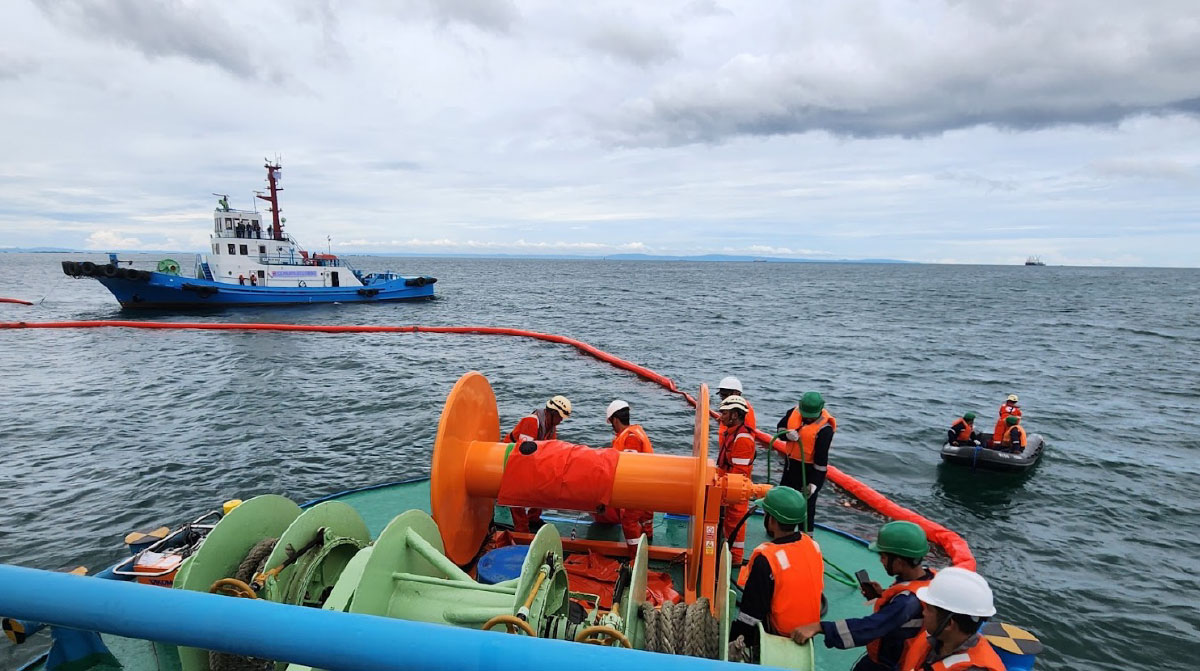 Tugboat Pacific Rose 10 and Tugboat Pacific Rose 1 deployed the spill and started maneuvering as they make a “U” Formation and form a barrier around the spill, during the simulated exercise at Cebu City. Photo courtesy of Malayan Towage and Salvage Corporation during the simulation exercise held in SRP Cebu City.
Tugboat Pacific Rose 10 and Tugboat Pacific Rose 1 deployed the spill and started maneuvering as they make a “U” Formation and form a barrier around the spill, during the simulated exercise at Cebu City. Photo courtesy of Malayan Towage and Salvage Corporation during the simulation exercise held in SRP Cebu City.
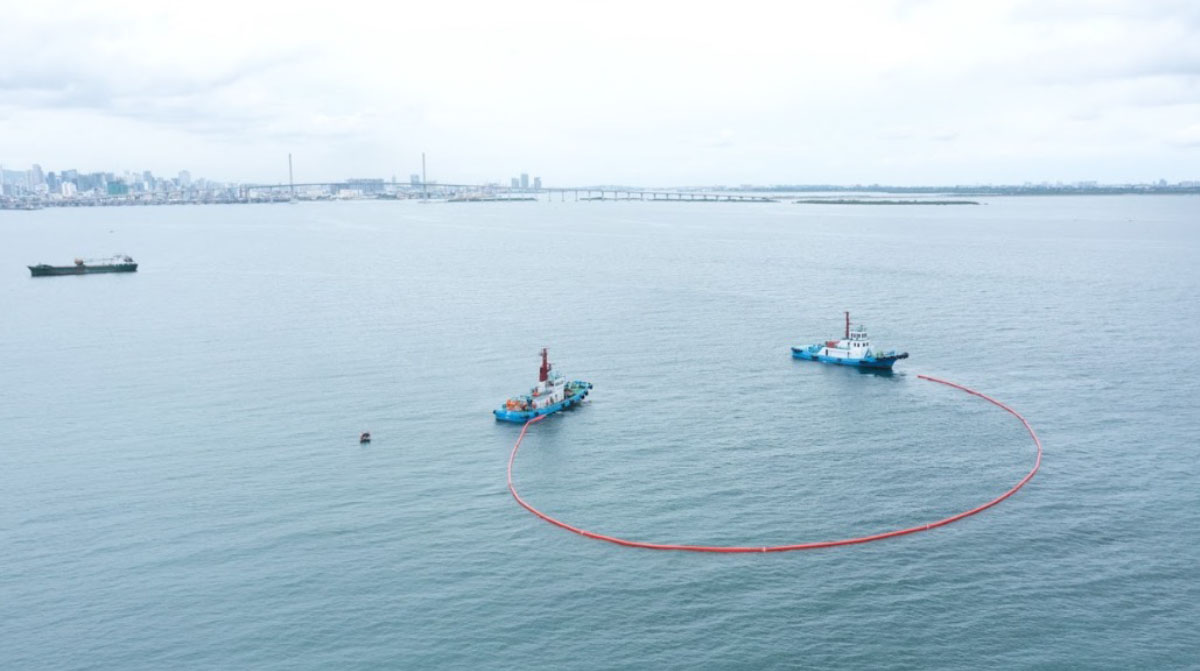 Tugboat Pacific Rose 10 (left) as the lead OSR tug and Tugboat Pacific Rose 1 (right) as the back-up/assist, deployed the spill boom to make a “U” Formation as a barrier around the spill, holding the oil in place more efficiently. It was followed by “J” formation to prepare for the deployment of skimmer. Photo courtesy of Malayan Towage and Salvage Corporation during the simulation exercise held in SRP Cebu City.
Tugboat Pacific Rose 10 (left) as the lead OSR tug and Tugboat Pacific Rose 1 (right) as the back-up/assist, deployed the spill boom to make a “U” Formation as a barrier around the spill, holding the oil in place more efficiently. It was followed by “J” formation to prepare for the deployment of skimmer. Photo courtesy of Malayan Towage and Salvage Corporation during the simulation exercise held in SRP Cebu City.
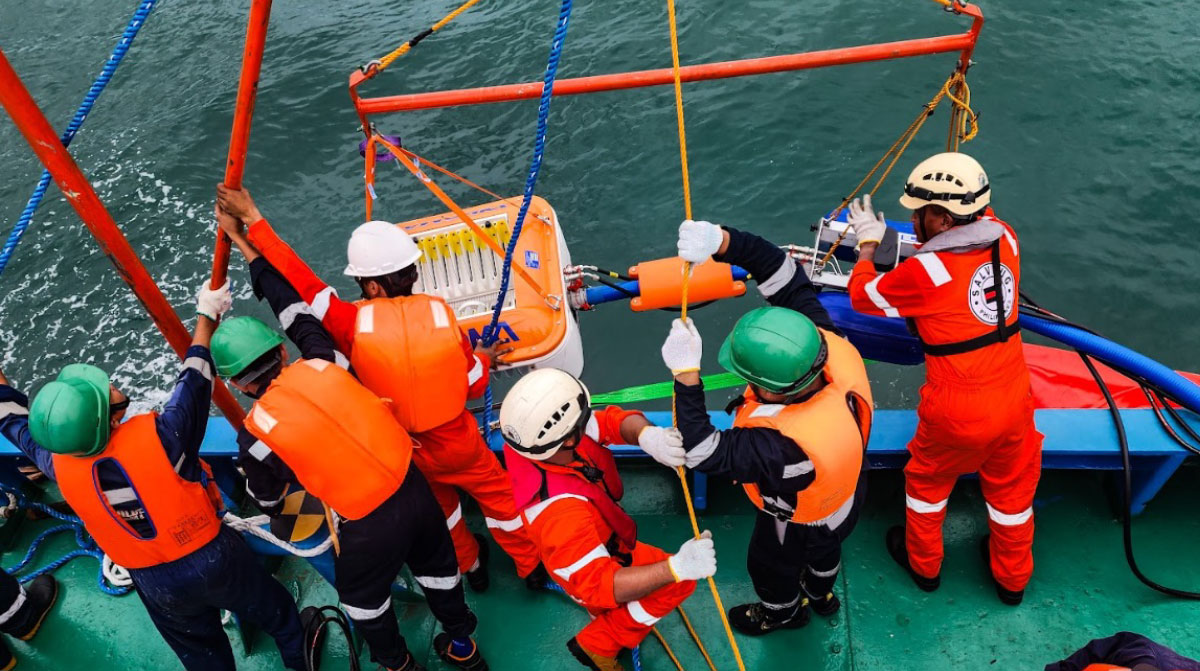 The PIP’s oil spill response organization – Malayan Towage and Salvage Corporation is preparing to launch the oil skimmer, after the product has been contained in the spill boom. Photo courtesy of Malayan Towage and Salvage Corporation during the simulation exercise held in SRP Cebu City.
The PIP’s oil spill response organization – Malayan Towage and Salvage Corporation is preparing to launch the oil skimmer, after the product has been contained in the spill boom. Photo courtesy of Malayan Towage and Salvage Corporation during the simulation exercise held in SRP Cebu City.
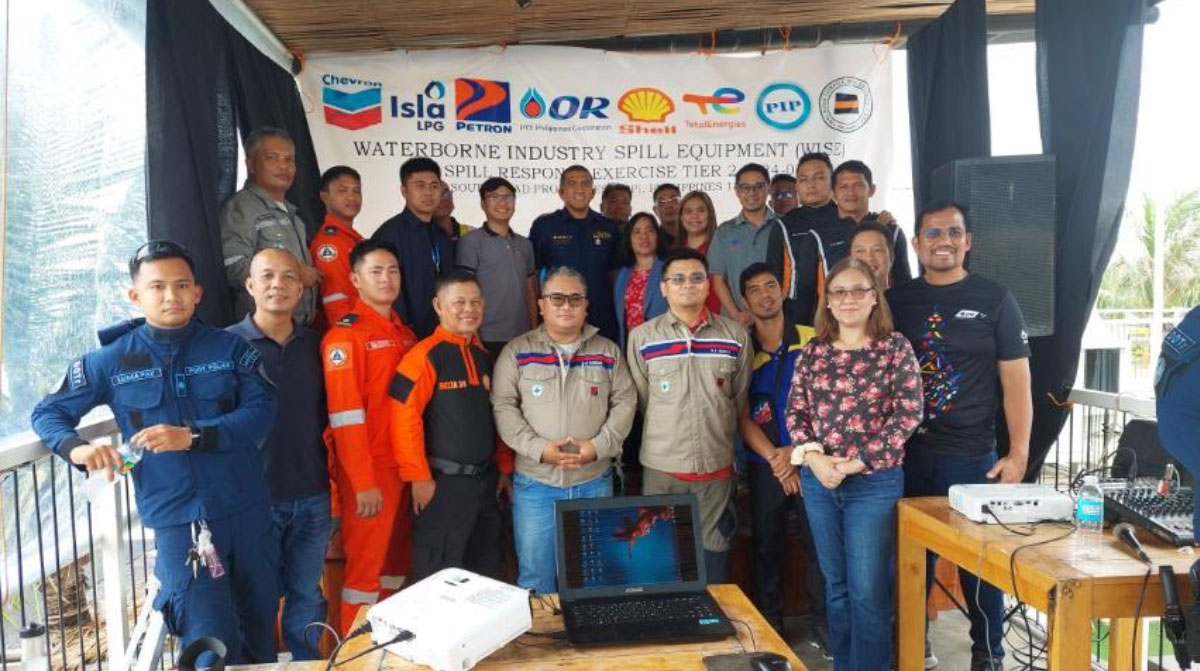 The members of the Philippine Institute of Petroleum (Chevron, Petron, Shell, PTT, Total and Isla) together with the other attendees and participants of the PIP WISE Oil Spill Response Exercise from PCG, Cebu Port Authority, CDRRMC and the DOE-OIMB.
The members of the Philippine Institute of Petroleum (Chevron, Petron, Shell, PTT, Total and Isla) together with the other attendees and participants of the PIP WISE Oil Spill Response Exercise from PCG, Cebu Port Authority, CDRRMC and the DOE-OIMB.
 Present during the meeting are members of the PIP WISE Committee and MTSC officers, namely (from left to right): 1st row- MTSC President and Director Capt. Ebenezer G. Tañada, Jr., Capt. Leo Soriano (Shell), Engr. Marvin Dela Fuente (Isla LPG), MTSC Chief Finance Officer Randy Gampong; 2nd row – Ms. Nimfa Villamayor (PIP), Engr. John Willer Salle (Petron), Engr. Gian Carlo (Petron), Engr. Chito Barba (Petron), Engr. Jose Solomon (PTT), Engr. Ed Villena (Chevron), Ms. Dessa Diasanta (Chevron), Engr. Reymond Dimitui (PTT), Engr. Eladio Ablaza III (Total), and PIP Executive Director Raffy Capinpin.
Present during the meeting are members of the PIP WISE Committee and MTSC officers, namely (from left to right): 1st row- MTSC President and Director Capt. Ebenezer G. Tañada, Jr., Capt. Leo Soriano (Shell), Engr. Marvin Dela Fuente (Isla LPG), MTSC Chief Finance Officer Randy Gampong; 2nd row – Ms. Nimfa Villamayor (PIP), Engr. John Willer Salle (Petron), Engr. Gian Carlo (Petron), Engr. Chito Barba (Petron), Engr. Jose Solomon (PTT), Engr. Ed Villena (Chevron), Ms. Dessa Diasanta (Chevron), Engr. Reymond Dimitui (PTT), Engr. Eladio Ablaza III (Total), and PIP Executive Director Raffy Capinpin.
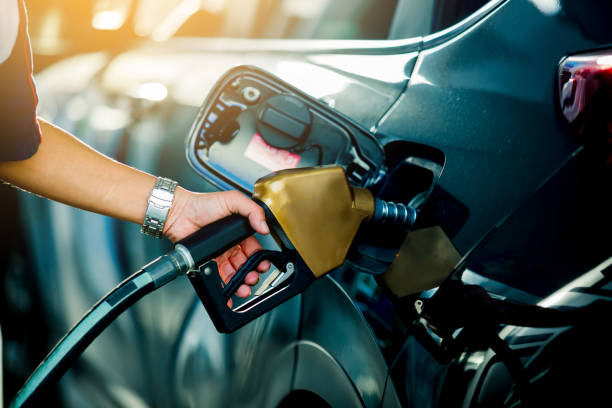 A number of House Bills (HB4550, HB4711, HB5172 and HB7928) have been filed in Congress that intends to repeal or amend certain provision of the Downstream Oil Deregulation Law (RA 8479).
A number of House Bills (HB4550, HB4711, HB5172 and HB7928) have been filed in Congress that intends to repeal or amend certain provision of the Downstream Oil Deregulation Law (RA 8479).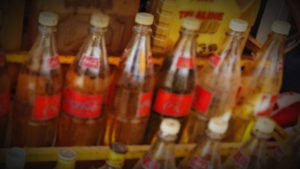 Technology Solution Retail Outlets (TSRO), are commonly known as Fuel Vending Machines that addresses the fuel requirement of locations certified by LGU’s to be catered by the “bote-bote” (soda bottles) trade.
Technology Solution Retail Outlets (TSRO), are commonly known as Fuel Vending Machines that addresses the fuel requirement of locations certified by LGU’s to be catered by the “bote-bote” (soda bottles) trade.